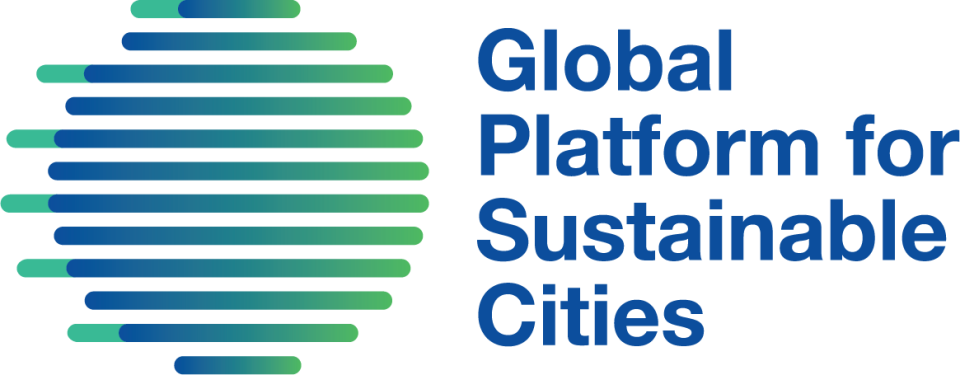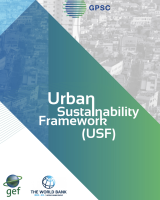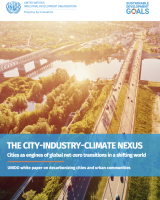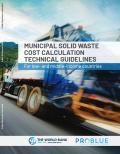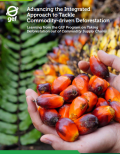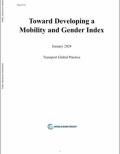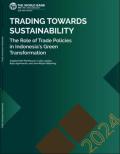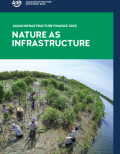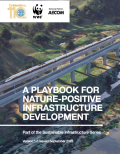Knowledge Products
The GPSC hosts a digital library featuring practical tools, reports, and case studies. Explore curated resources across thematic areas, filtering by topic or region to find the insights required to advance urban sustainability.
Urban Sustainability Framework
The Urban Sustainability Framework (USF) is a practical tool developed by the Global Platform for Sustainable Cities (GPSC) to help cities plan, finance, and implement integrated sustainability strategies. Designed for policymakers and practitioners, the USF supports cities in moving beyond sector-by-sector planning toward a holistic approach that balances economic growth, environmental stewardship, and social inclusion. At its core, the USF helps cities answer three fundamental questions: Where are we now? Where do we want to go? How do we get
Report
Municipal Solid Waste Cost Calculation Technical Guidelines for Low and Middle-Income Countries
Municipal Solid Waste Cost Calculation Technical Guidelines discusses good practices for calculating investment and operating costs in the solid waste
Advancing the Integrated Approach to Tackle Commodity-driven Deforestation
In 2014 the Global Environment Facility launched an ambitious effort to influence a shift in supply chains for beef, soy
Note on Nature Finance Tracking Methodology
International Development Association (IDA) participants requested that the World Bank develop a methodology to identify, monitor, and track nature-positive World
Toward Developing a Mobility and Gender Index
Although the benefits of a gender-inclusive approach to mobility for transport decarbonization, access to jobs, and human capital advancement have
Trading Towards Sustainability: The Role of Trade Policies in Indonesia’s Green Transformation
Climate change - and efforts to mitigate and adapt to it - will affect global flows of trade and Indonesia’s
Healthy Cities: Revisiting the Role of Cities in Promoting Health
The Healthy Cities Report aims to provide policymakers and development practitioners with an action-oriented framework for achieving healthy cities. Informed
A Playbook for Nature-positive Infrastructure Development
Infrastructure is one of the main drivers of biodiversity loss. For example, 95% of deforestation in the Brazilian Amazon is
Unlocking Blue Carbon Development: Investment Readiness Framework for Governments
The purpose of this paper is to provide a practical framework to guide governments in catalyzing and scaling up public
